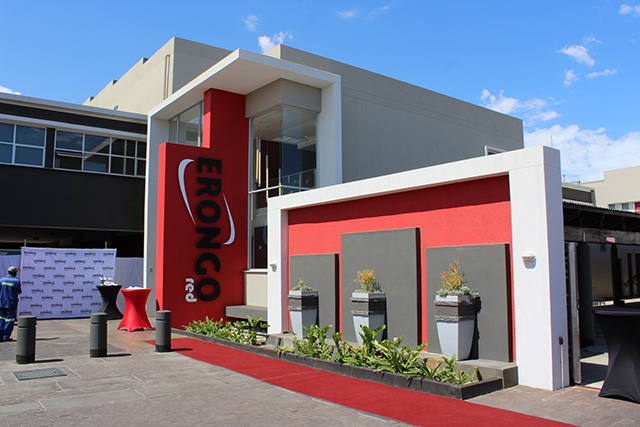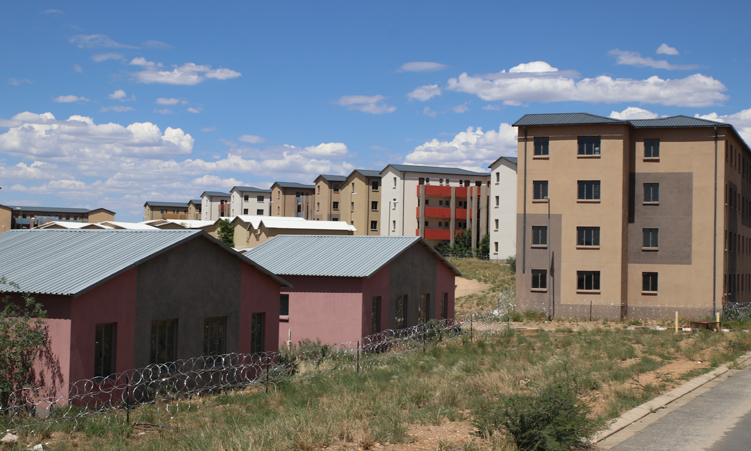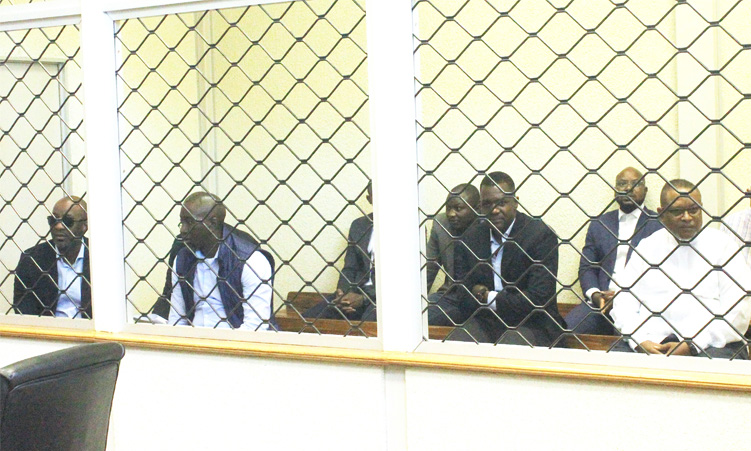ERONGO RED stopped applications for solar power installations in December last year, but only notified the public through a press release last week.
This has frustrated bulk consumers as well as local solar installation contractors and residents, who called the decision a dubious move by the RED to increase profits at the expense of renewable energy development.
Complaints to the Electricity Control Board (ECB), which regulates the REDs, suggest customers and contractors were caught off-guard when they learnt that any new solar grid applications within the Erongo region will not be accepted anymore.
According to some people whom this newspaper spoke to, the decision was seen as having been made without proper consultation with the stakeholders and approval from the ECB, as is required by the net metering rules of the Electricity Act of 2007 gazetted on 15 November 2016.
As a result, contractors are losing millions of dollars in not being able to do installations because no licences for such work are being issued.
Residents who install off-grid solar systems at their homes have allegedly also been threatened with having their connections to the RED cut in an apparent intimidatory move to prevent them from going off the grid.
Bulk customers who install solar systems to lower consumption costs apparently have to pay large increases in demand and network access charges, up 102% since 2012, sources said, in relation to per unit charges of up to 68% since 2012.
In 2010, ErongoRED introduced the ‘infeed tariff’, whereby the electricity distributor bought electricity from a customer who generates more electricity than they (the customer) use.
The system promoted the generation of electricity from renewable energy sources – especially solar power.
Once a ‘partnership’ was formed, ErongoRED would pay the small customer for the amount of power fed into the grid, but exclude the local authority surcharge. Since the promulgation of the net metering rules, customers now only get credit for this exported power, and only up to the amount they import from the grid.
Once the system and meter have been installed, any excess electricity generated by the customer will flow into the ErongoRED grid.
Excess, in this case, means electricity generated more than the current consumption of the customer at the time. For larger customers, a generation licence from the ECB would be required.
When approached for comment, ErongoRED spokesperson Benjamin Nangombe reiterated the decision to stop the approval of the applications for renewable energy until further notice. He said the decision would stay until an impact assessment study is completed later this month.
“The study on the penetration of renewable energy is aimed at analysing the impact of renewable energy grid integration, and ultimately determine the acceptable levels of renewable energy at various points of ErongoRED’s network.
“All new applicants have been informed in writing about the moratorium. To date, 13 applications for renewable energy have been received. We have communicated to the ECB the reasons why approval for renewable energy applications have been put on hold,” he stated.
Erongo RED has 185 rooftop installations to date throughout the region, generating over 6,8 MW per month, in addition to the 3 MW from OLC Arandis Solar Power.
“We are fully compliant with the net-metering rules,” he said, adding that ErongoRED is only allowed to inject 12% of renewable energy into the grid, and that the rooftop installations and OLC Arandis Solar Power amount to 9% of the total installed renewable energy.
“It is, therefore, crucial for the study to be carried out to determine how much renewable energy can still be integrated into the grid,” he noted.
ErongoRED CEO Fessor Mbango said they are cognisant that electricity supply is vital in stimulating and accelerating development. Therefore, the outcome of the study on the penetration of renewable energy will enable ErongoRED to comprehend how best to implement and expand the renewable energy scope, and further diversify its energy mix.
“The study will also enable us to understand what solutions will work best for the local environment. ErongoRED is still determined to see the continued expansion of renewable energy. Therefore, all prospective investors or individuals who would like to invest in renewable energy are hereby urged to wait until the study is completed”, Mbango said.
Stay informed with The Namibian – your source for credible journalism. Get in-depth reporting and opinions for
only N$85 a month. Invest in journalism, invest in democracy –
Subscribe Now!






